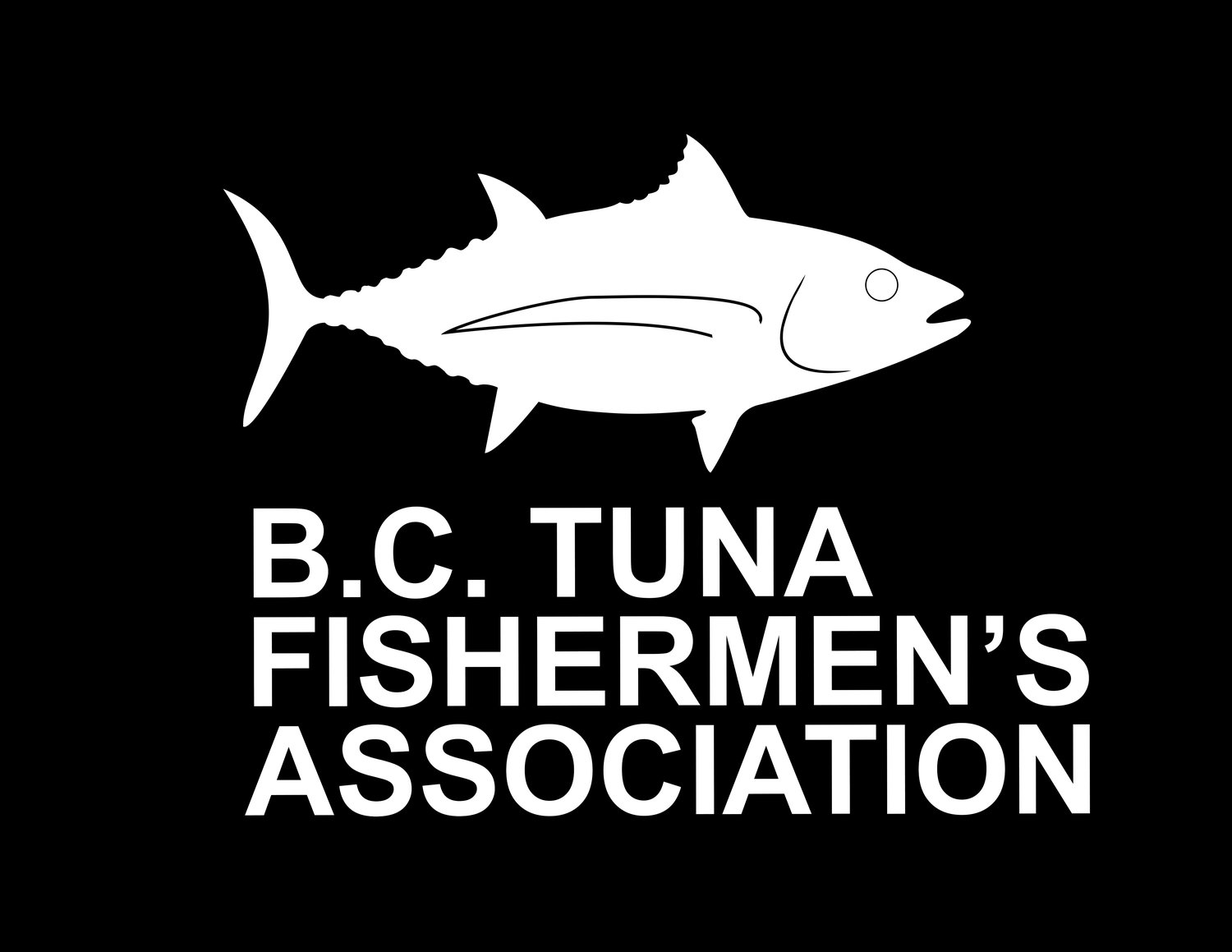Source: https://www.undercurrentnews.com/2019/12/17/western-pacific-tuna-stocks-in-health-state-regional-survey-finds/
The annual tuna stock assessment by the Western and Central Pacific Fisheries Commission (WCPFC) has found that all four major species of tuna in the region are currently maintained above sustainable levels.
“Our region has had all of its key commercial tuna stocks of bigeye, skipjack, south Pacific albacore and yellowfin tuna assessed to have been managed and maintained above agreed sustainable levels," said WCPFC executive director Feleti Teo. "This accomplishment is not matched by any other regional ocean in the world.”
The results, recorded by the science services provider Pacific Community, have global significance, since the Western Pacific region is estimated to contain 54% of the world's total tuna stocks.
Total tuna catch in the WCPFC region was estimated at 2.79 million metric tons in 2018, a small drop from 2014's record high of 2.88m.
"The healthy status of WCPO tuna stocks is attributed to the management of the fishery through the WCPFC process and its members, including the key roles played by the Pacific Island member countries and subregional fisheries agencies including the Fisheries Forum Agency and the Parties to the Nauru Agreement," said Graham Pilling of the Pacific Community.
However, the survey also noted that certain billfish and shark stocks in the region require urgent attention, while the recent decline in the price of skipjack tuna presents other economic challenges.
At present, the WCPFC said it is currently focused on developing harvest strategies for its tuna, aimed at increasing economic performance without sacrificing the sustainability of its stocks.
The environmental NGO Pew Charitable Trusts has also recently raised concerns over the lack of efforts to cut down on illegal, unregulated and unreported (IUU) fishing in the region. The WCPFC has decided not to automatically update its list of IUU vessels with those on the IUU lists of other regional fisheries management organizations, making it easier for vessels to illegally take fish from Pacific waters.
Furthermore, Pew noted that no improvements had been made to the minimum standards required for port inspections, a key element for preventing illegal fish from entering markets.
